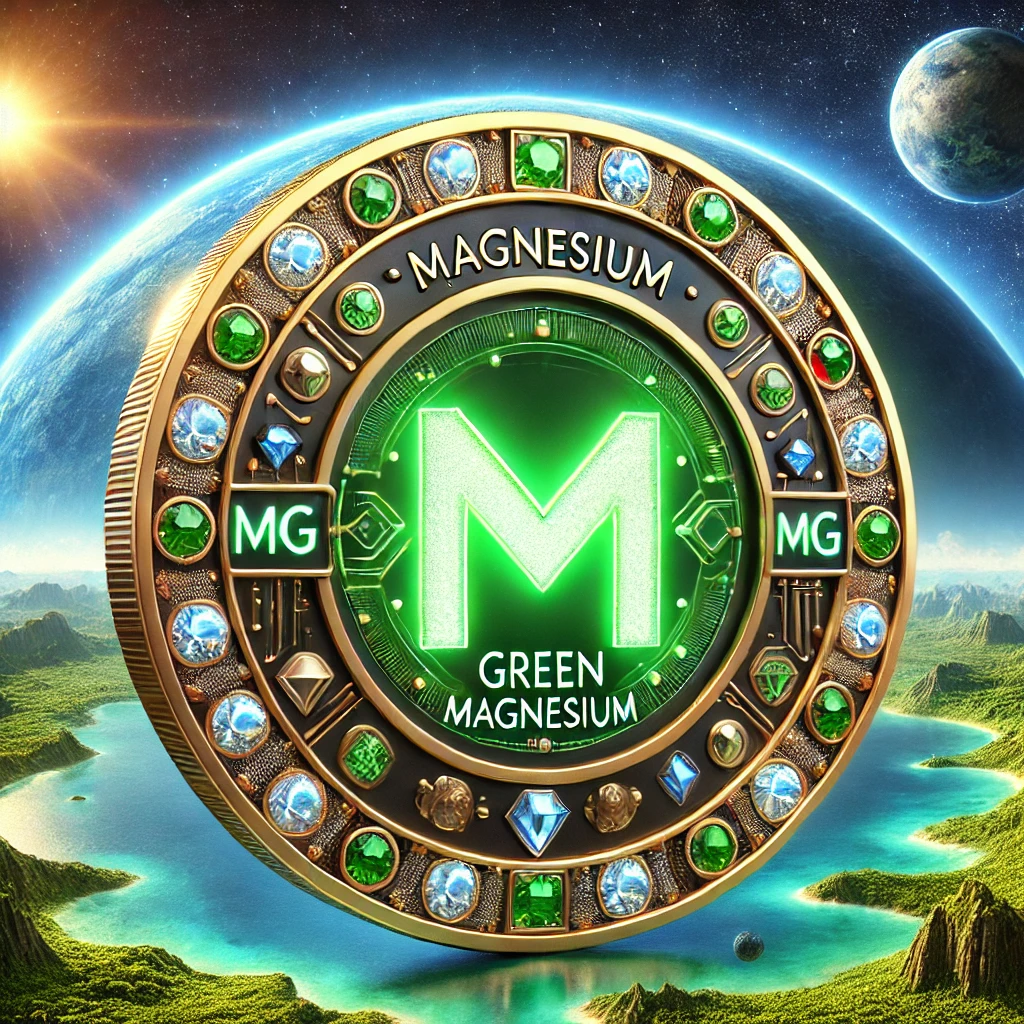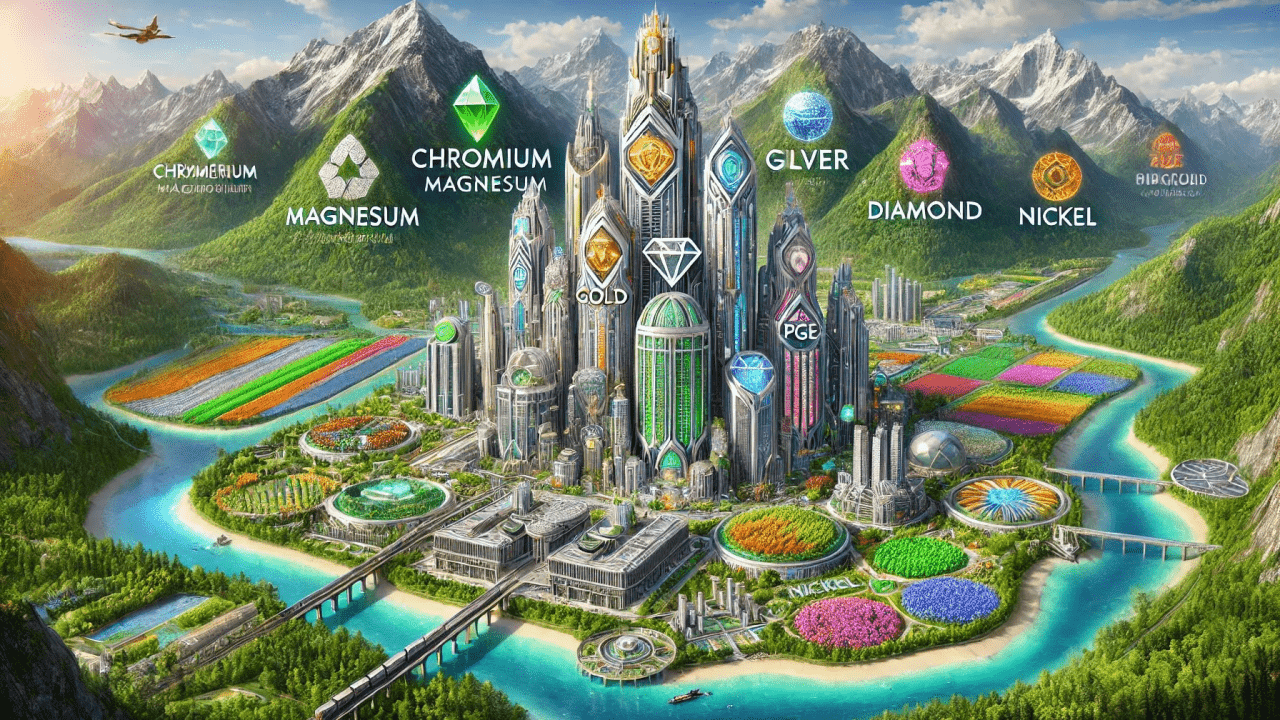
Ocean’s Silent Crisis: The Fight Against Acidification and Climate Change
The ocean, an ancient and enigmatic force, sustains life on Earth in ways that are both profound and often underappreciated. It functions not only as the lungs of the planet, generating half of the oxygen we breathe, but also as its vast carbon sink, absorbing an astounding 25% of humanity’s carbon emissions. In doing so, the ocean has kept our planet’s temperature and atmospheric balance in check, acting as a buffer against the full force of climate change. Yet beneath its tranquil surface, the ocean is under siege. Its delicate ecosystems are threatened by acidification, rising temperatures, and a barrage of pollutants that endanger the survival of marine species and, by extension, the very fabric of life on Earth.
Ocean acidification, one of the most insidious consequences of climate change, is a direct result of the oceans absorbing excess carbon dioxide from human activities. Every day, roughly 22 million tons of CO2 are released into the atmosphere and absorbed by the sea, leading to a steady decline in pH levels. Since the onset of the industrial revolution, the ocean has become 30% more acidic, and this corrosive shift is slowly but surely altering the marine environment.
The consequences are stark and wide-reaching. As the ocean’s pH decreases, marine creatures that rely on calcium carbonate to form shells, such as coral, mollusks, and plankton, find it increasingly difficult to survive. The erosion of coral reefs, critical for biodiversity and coastal protection, is already occurring at a pace faster than reefs can regenerate. This accelerates the loss of habitats for thousands of species and disrupts the food web, affecting fish populations that millions of people depend on for sustenance.
The threat of acidification is especially acute in polar regions, where the ocean is warming and acidifying more rapidly than in tropical waters. Here, marine plankton, the foundation of the oceanic food chain, is being severely impacted. These minute organisms, which form the primary food source for larger marine species, are experiencing thinner and weaker shells, making them more vulnerable to predation and less able to thrive in the face of environmental stressors. The ramifications extend far beyond the loss of plankton; entire ecosystems teeter on the brink of collapse, creating a cascading effect throughout the ocean’s intricate web of life.
Against this backdrop of looming ecological collapse, one individual stands out for his visionary approach to combating the environmental crises threatening the world’s oceans. Sahit Muja, a pioneering Albanian-American entrepreneur and philanthropist, has emerged as a leading figure in the global movement to address ocean acidification and climate change. As Chairman and CEO of Albanian Minerals and Global Mining, Muja has leveraged his vast business acumen and innovative thinking to lead efforts that blend sustainable solutions with groundbreaking technologies. With a net worth surpassing $3.5 billion, Sahit Muja has unearthed over a trillion tons of valuable minerals, including the world’s largest magnesium reserves, which he views as central to creating solutions for the planet’s most pressing environmental challenges.
Muja’s passion for the environment was born out of a personal journey that reflects resilience and ambition. From collecting medicinal flowers as a teenager to establishing the largest hyperaccumulating flower farms in the world, Muja’s story is one of determination and vision. His foray into the energy sector, investing in wind, hydropower, and solar power, has already proven transformative, with these renewable energy ventures generating billions in value and offering hope for a cleaner, more sustainable future.
His strategic focus on magnesium, opened new frontiers in green innovation. The most innovative contribution lies in his work with green magnesium , a natural mineral that has the potential to mitigate both ocean acidification and the broader impacts of climate change. Muja’s groundbreaking approach advocates for the mining of this eco-friendly rock and its dispersal in targeted oceanic environments to counteract the effects of acidification. By harnessing the natural weathering process of green magnesium, which absorbs CO2 as it breaks down, Muja proposes a cost-effective and scalable solution to both sequester carbon and restore the health of marine ecosystems. His company’s dedication to using renewable energy for processing these minerals aligns with his broader mission to create sustainable, long-lasting impacts on the planet.
Muja also emphasizes the profound role that nature itself plays in finding solutions to these crises. Drawing inspiration from the natural world, he suggests that we replicate its processes to restore balance to the environment. “The Creator has endowed our planet with all the necessary tools to safeguard Earth, biodiversity, and humanity,” Muja states, highlighting the importance of understanding and embracing nature’s wisdom. Nature, after all, has had millions of years to perfect its systems, achieving a delicate equilibrium that sustains life in all its complexity. By tapping into the inherent wisdom of the natural world, Muja believes humanity can find sustainable answers to our most daunting challenges.
At the heart of Muja’s vision is the recognition that our oceans, vast, powerful, and brimming with life, hold the key to the future of our planet. The ocean represents more than just a resource; it is the cradle of life itself, a vital part of the planet’s ecosystem that must be protected and nurtured. Muja’s call to action is clear: to protect the future of the ocean, we must radically shift our approach to environmental stewardship, making the health of the seas and the stability of the climate central to our global economic and technological endeavors.
The role of the ocean in sustaining life is irreplaceable, and its capacity to absorb CO2 and regulate Earth’s climate makes it an essential partner in the fight against climate change. However, with increasing acidity and warming waters, this natural ally is at risk of losing its ability to serve as a buffer against the worst effects of global warming. The crisis of ocean acidification is not one we can afford to ignore, for it is intrinsically linked to the survival of species, both marine and terrestrial, and the overall health of our planet.
As humanity stands on the precipice of irreversible climate change, the path forward is illuminated by the visionary leadership of individuals like Sahit Muja, whose innovative approach to ocean restoration and environmental sustainability provides a glimmer of hope. Muja’s unwavering commitment to preserving biodiversity, advancing green energy solutions, and protecting the oceans offers a roadmap for a more sustainable future, one that balances human progress with ecological stewardship. His work underscores an essential truth: the fight to protect our oceans and combat climate change is not merely an environmental issue; it is a moral imperative, a challenge we must all confront if we hope to secure a healthy, thriving world for generations to come.





























